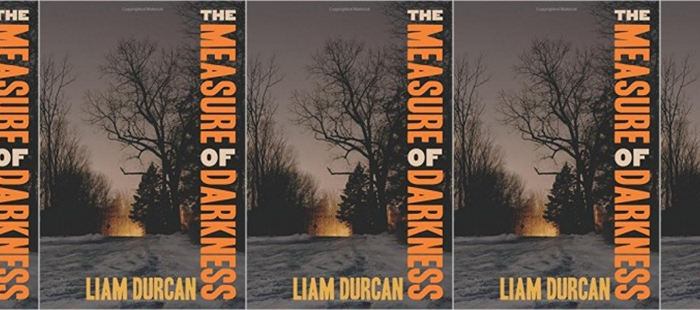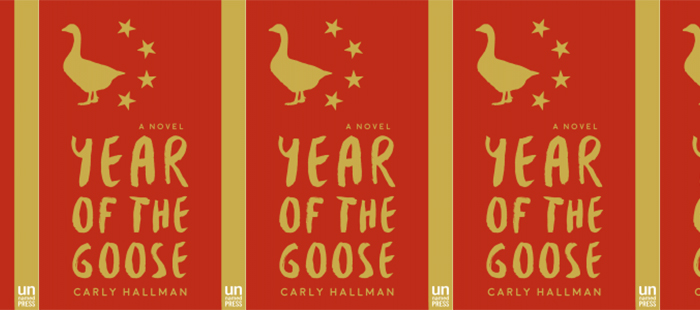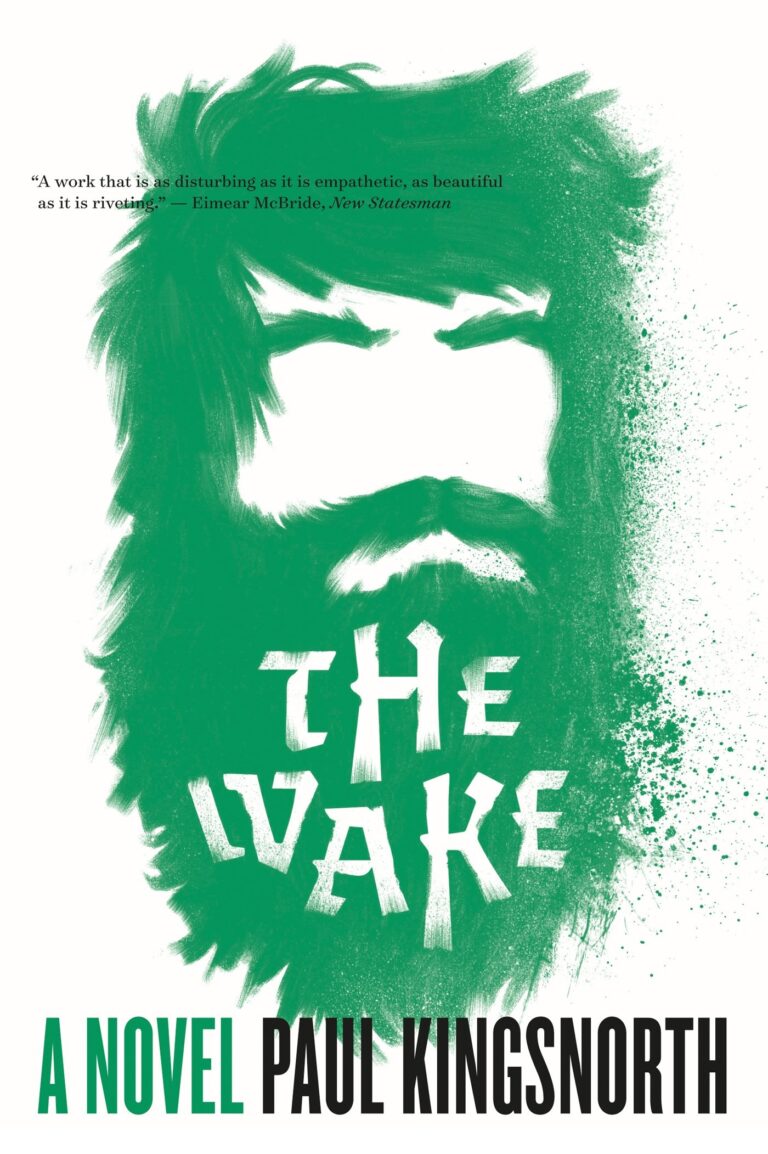Review: THE MEASURE OF DARKNESS by Liam Durcan

The Measure of Darkness
Liam Durcan
Bellevue Literary Press, March 2016
250 pp; $16.95
Reviewed by James H. Hibbard
After a traumatic brain injury from a car accident leaves Martin Fallon with amnesia and robs him of his ability to visualize space, his world slowly comes back into focus within the cloistered confines of a rehab center. Unable to remember the details of the accident, Martin, an architect, seems little concerned with either the extent of his injuries or his personal life. Instead, as he convalesces, he is obsessed with his memory of a single meeting that took place decades earlier with a man named Melnikov—the storied Russian architect who has long been his touchstone of greatness.
Convinced that his recovery is progressing at a rate that will allow him to return to working on the design of the Russian consulate, Martin plots a return to his professional life. Much like the Christopher Nolan film Memento, Martin dictates biographical facts into a micro cassette recorder.
I am Martin Fallon. Each sentence the laying down of tracks of a personality. I am fifty-six years old. I live in Montreal. I am an architect. I have two daughters. He listened to the voice talk about itself, the echoes of a newly born ghost, and it made him grimace.
In vividly rendered prose, Liam Durcan describes how at night, Martin shuffles around his room on his hands and knees—trying to comprehend both the space he is in, and the limitations of his mind after the injury.
On all fours, his hands scouring the floor of his room, he moved with surprising authority until he had reached each floorboard and mapped out the territory completely. The bathroom was last, and it felt like a triumph of his senses, able to discern the miniature tiles and grout that hemmed them in. He put his face to the floor and breathed in, telling himself he could sense the slope that led to the center of the floor, running his thumbs over the little grille of the drain cover. Touch the sink, touch the toilet. It all made sense in the dark. The surface became real under his hands and the space at once inflated around him. assuming the dimensions of a small room.
As a practicing neurologist, Durcan approaches brain injury deftly, describing the physical scope of Martin’s injury but never allowing the narrative to become bogged down by reductive or causative explanations that locate Martin’s experience in damage to a specific physical part of the brain. Instead Durcan focuses on the phenomenological, lived experience of recovering from a brain injury, making certain Martin’s perceptions are rendered just unreliable enough to compel the trajectory of the narrative.
It is this sort of layered questioning early in the novel where The Measure of Darkness is at its strongest and most emotionally resonant—who are you if the very skill that has been your reason for existence has been taken from you? And on a secondary level, what it is like to rationally know that your own perceptions and the basis for your own experience can no longer be trusted—to be told of, but to not actually experience the ways in which your perception is flawed? As Martin says of his injury (which in the language of the care facility he refers to as his “deficit”) “…the key part of the deficit was not to be aware of its extent.” It is this deficit that compels the narrative as Martin tries to understand not only his professional limitations, but also starts to question who he can trust and the events that led up to what he has been told was a simple automobile accident.
The Measure of Darkness strives to be more than an examination of what it is to have one’s ambition thwarted, and ultimately succeeds on many levels in its characterization of what it is like to not just understand, but to actually experience that subjectivity—that reality itself, is determined by nothing more than the tenuous and delicate physical tissues of one’s brain.
James H. Hibbard is a graduate of the University of California, Santa Cruz and did Ph.D work in 20th Century philosophy at DePaul University—where he published on German Phenomenology. He has taught English composition at San Jose State University and Freshman humanities at UC Santa Cruz. A former professional road cyclist, he has written extensively on the sport of cycling and recently completed his first novel. www.jameshamiltonhibbard.com


